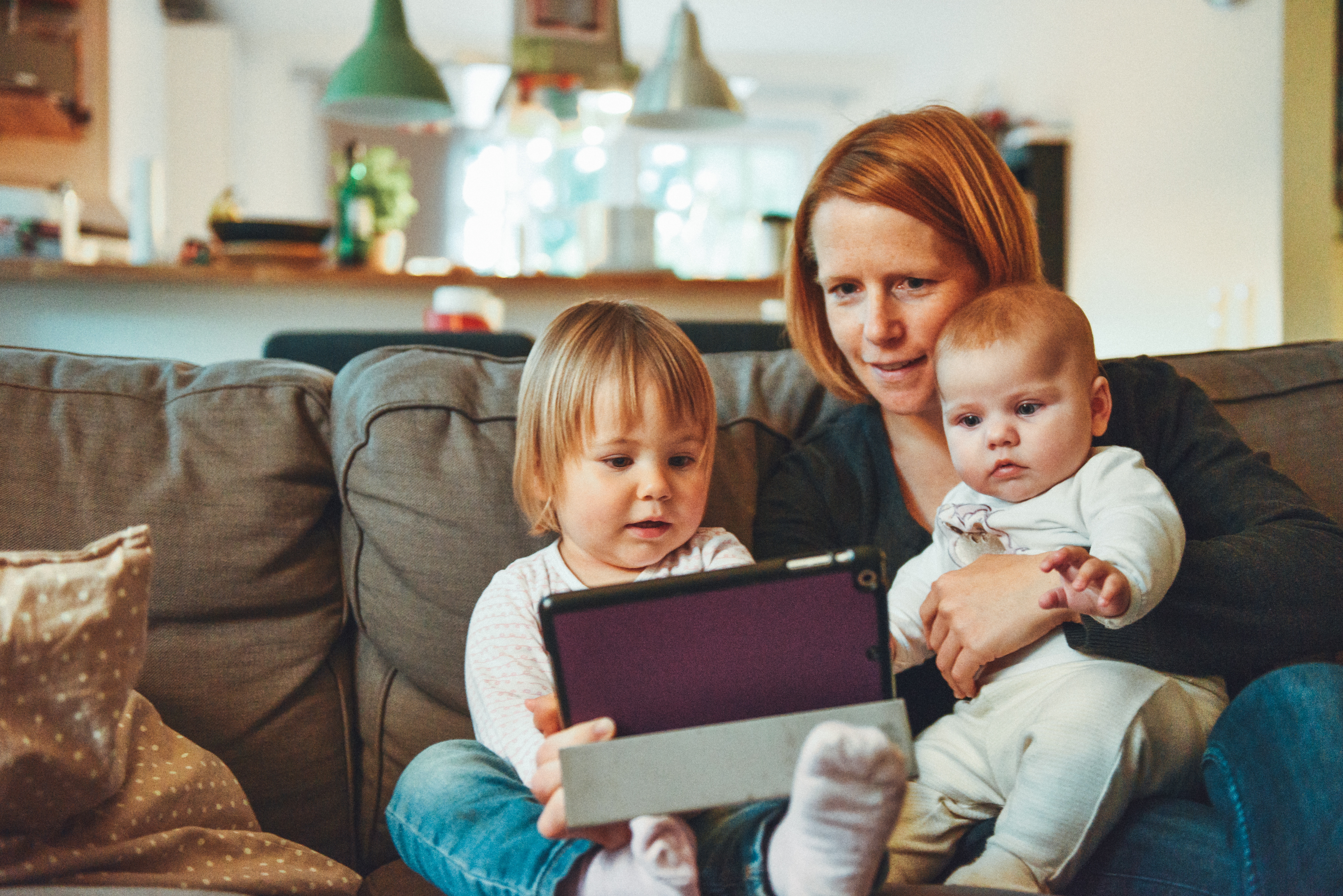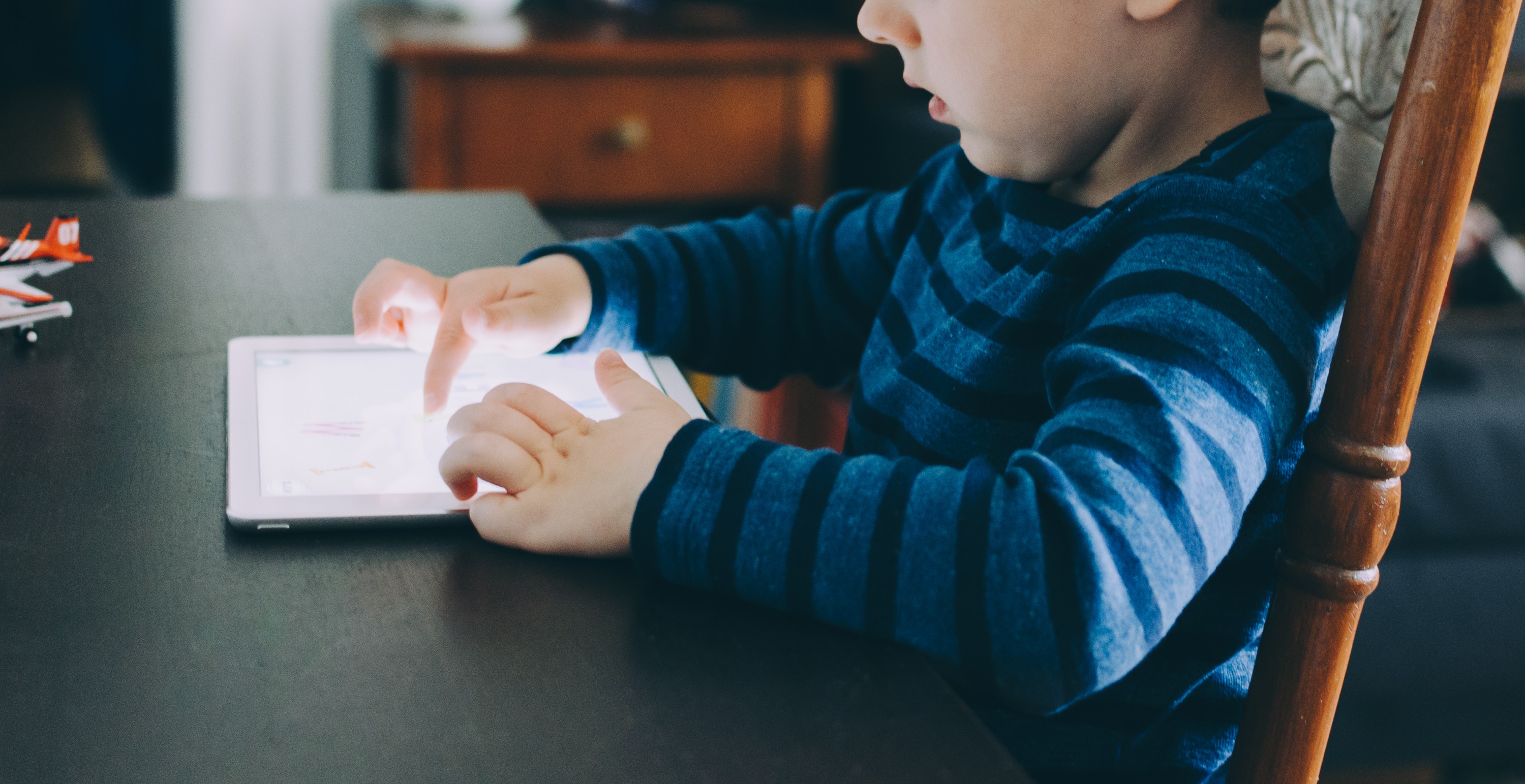The Hypocrisy of Parenting in the Digital Age
As parents we are such hypocrites. We obsess over the time our children spend on their devices. We read about how we can curb their addiction to their phones. We commiserate with other parents about how technology has stolen our children.
Then we look on Instagram for an hour.
We’ve all been there. Trapped in this technological paradox. We tell ourselves Twitter is for adults. We tell ourselves we don’t have homework to do. We tell ourselves we deserve our screen time because we worked all day.
We are missing the point.
“Don’t worry that children never listen to you; worry that they are always watching you.”
—Robert Fulghum
We can’t dissuade our children from using the same technology that we love. We can’t tell them that Netflix is rotting their minds when we binged Black Mirror last week. We can’t curate their Instagram feed while posting photos of them on our feed that they don’t want there. We can’t judge Snapchat because we don’t use it.
We are the example. We are the problem.

My Journey of Technological Failure
I remember when my son was born 17 years ago. I was steadfast in my determination that he live his youth technology free.
Then I realized a chair swing only worked for so long. At some point I was going to have to shower without him crying in his exercise jumper right outside of the glass.
So I caved.
This was before iPhones and apps. What I had was Disney. He was just old enough to sit on his own without me worrying he was going to:
- fall off the bed (he knew how to climb off to engage in mischief)
- eat something he shouldn’t (like the time he ate a glass Christmas ornament that looked like an apple)
- explode in baby rage for no reason (we think it’s always gas)
- poop in his diaper and then take said diaper off (control issues)
I put Jungle Book on for the first time when he was having a catastrophic meltdown over nothing. The kind that reached that level where you couldn’t call it “just gas.”
Dead silence in seconds.
“We aren’t in an information age, we are in an entertainment age.”
— Tony Robbins
The Lesson
What did I learn from this as a parent? To use Disney only in times of extreme hardship? Hell no.
Now I had something that allowed me to check NBA scores without bouncing a screaming baby on my lap.
Years later I would get mad at my boy for playing Minecraft for three hours a day. I guess I forgot how he sat on my lap while I played The Sims.
And there is the parenting paradox in a nutshell.
We often use screen time to help us.
Then we later turn around and blame our children.
We get bent discussing what age we should give our child a phone. But we forget we have been handing them our phone for years to keep them busy at the table so we can enjoy the rest of the meal.
We read a study on screen time and sit down to discuss it with them. Then we take an “important” call right in the middle.
We are the problem.

Why Their Screen Time is Our Fault
We are the kids in the candy store because we didn’t grow up with this technology. For our kids, this is regular. We played Atari. Our kids know about hashtags.
How many parents do you know who complain about their children’s digital addictions? How many of them curate the perfect shot for Instagram while that same “addicted” child is eating ice cream?
Disclaimer: I am not a doctor. I have not done my own personal research studies on this. I am aware that there are children who do suffer from real addictions to technology.
Our Children Are Our Scapegoats
It’s a hard concept to grasp that we may use our own children as scapegoats for our addiction to technology. But it’s true. Just look around.
- On the subway.
- On the bus.
- At lunch.
- While driving.
- While eating.
Adults everywhere, all on their phones.
Our children are only a byproduct of how we raised them and the time they are growing up in.
Instead of chastising them every chance we get, it’s time to make sure we are abiding by the same rules.
If we aren’t, we are the problem.
“Technology is just a tool. In terms of getting the kids working together and motivating them, the teacher is the most important.”
— Bill Gates
Originally published at Trust Greene.


